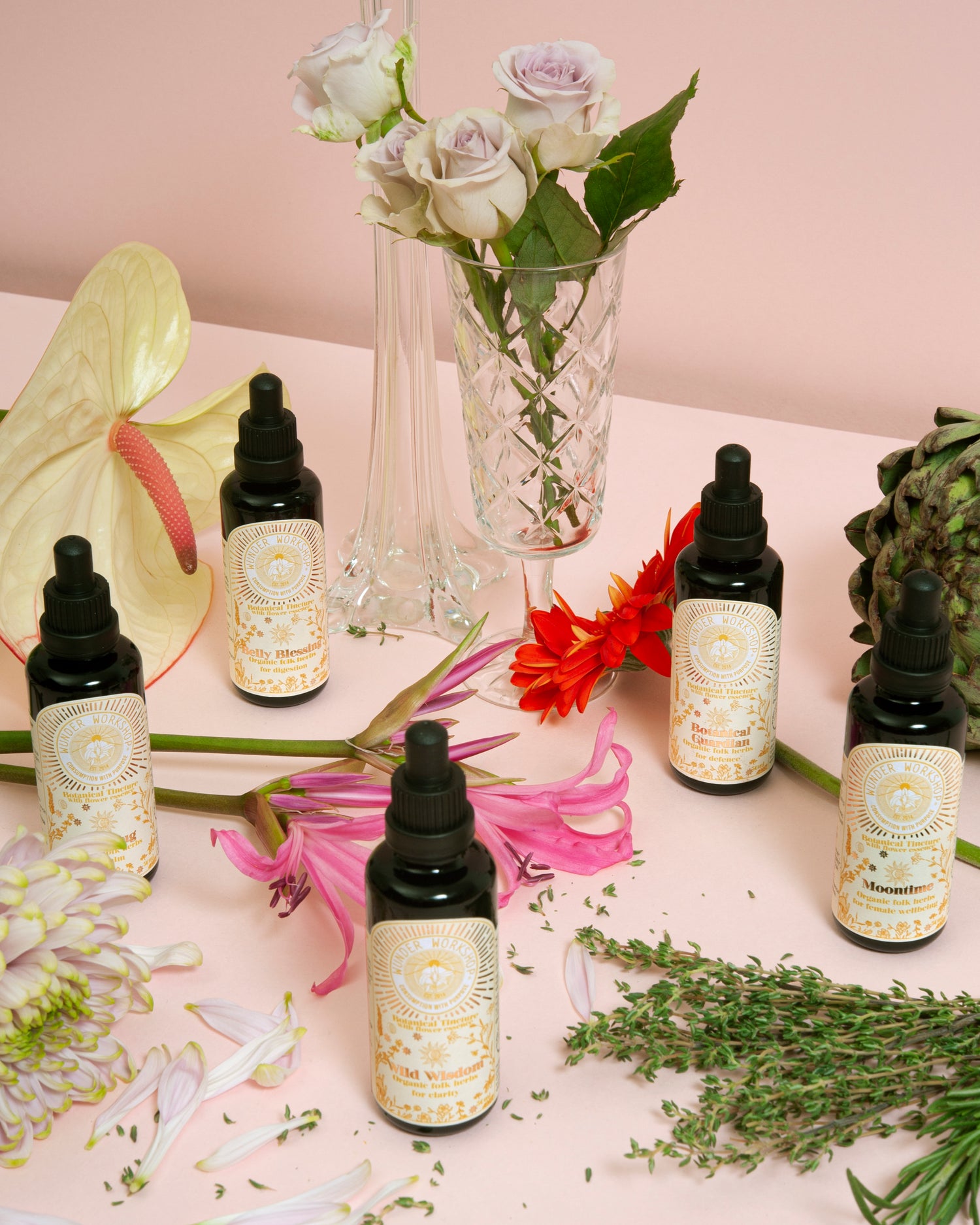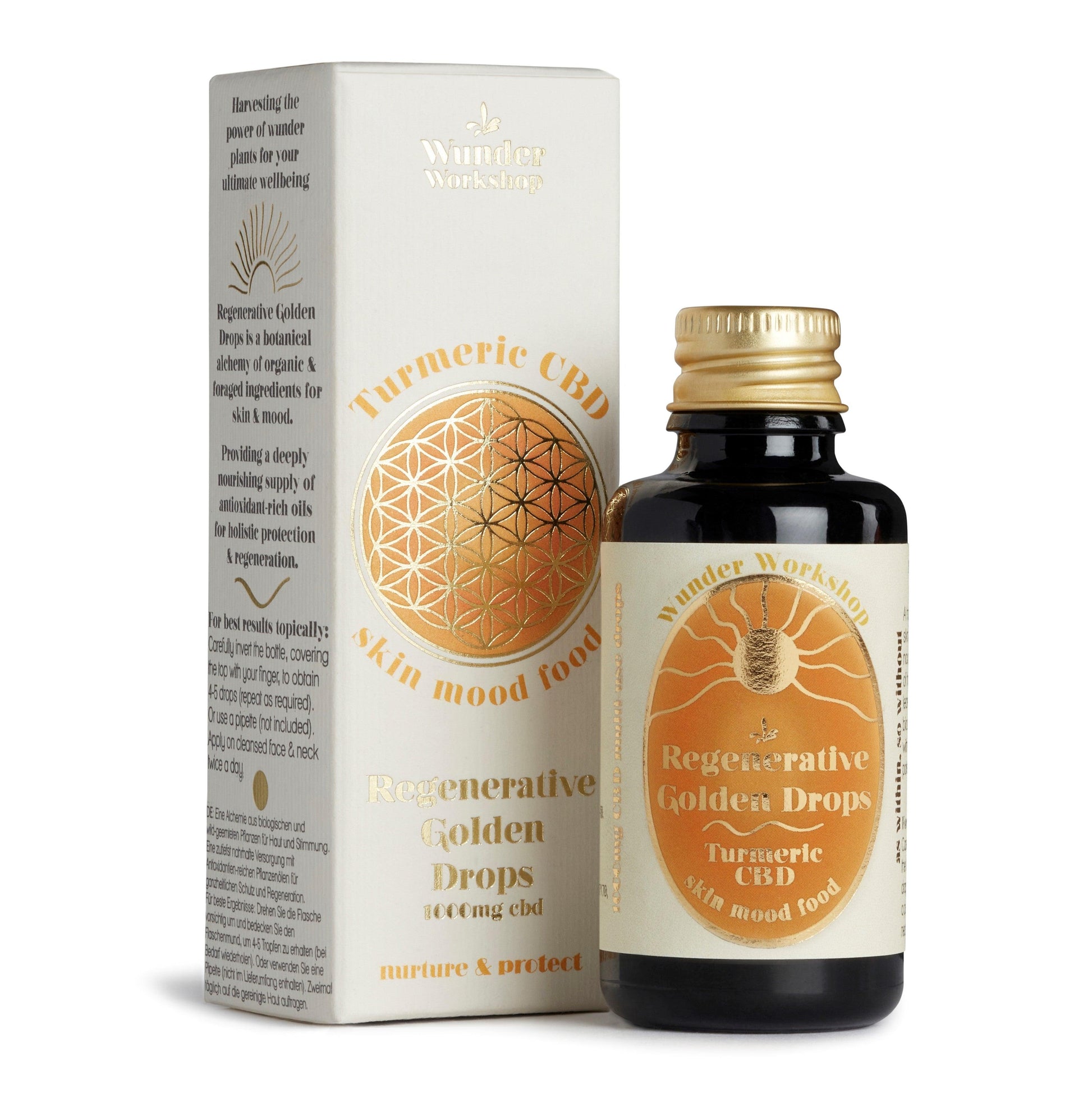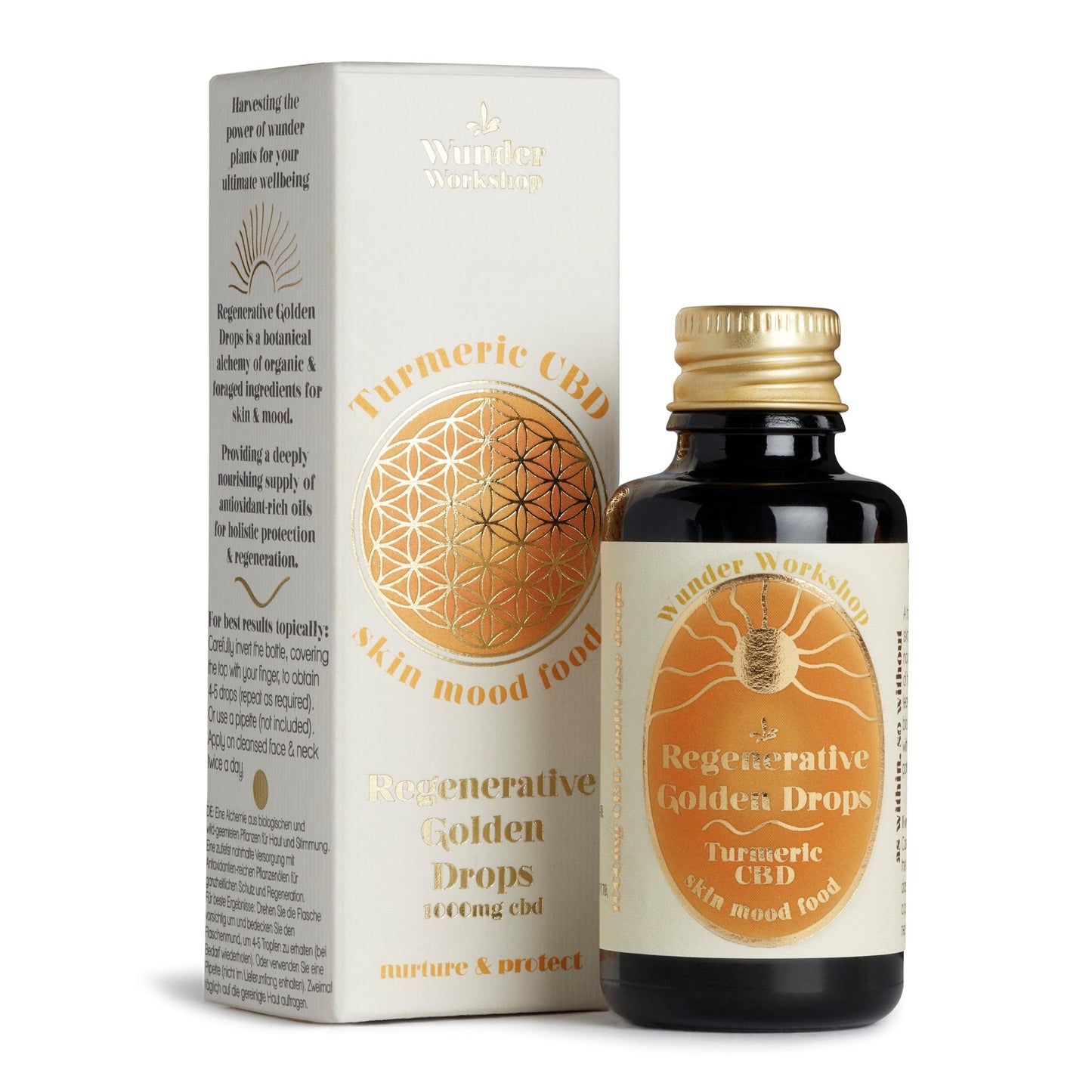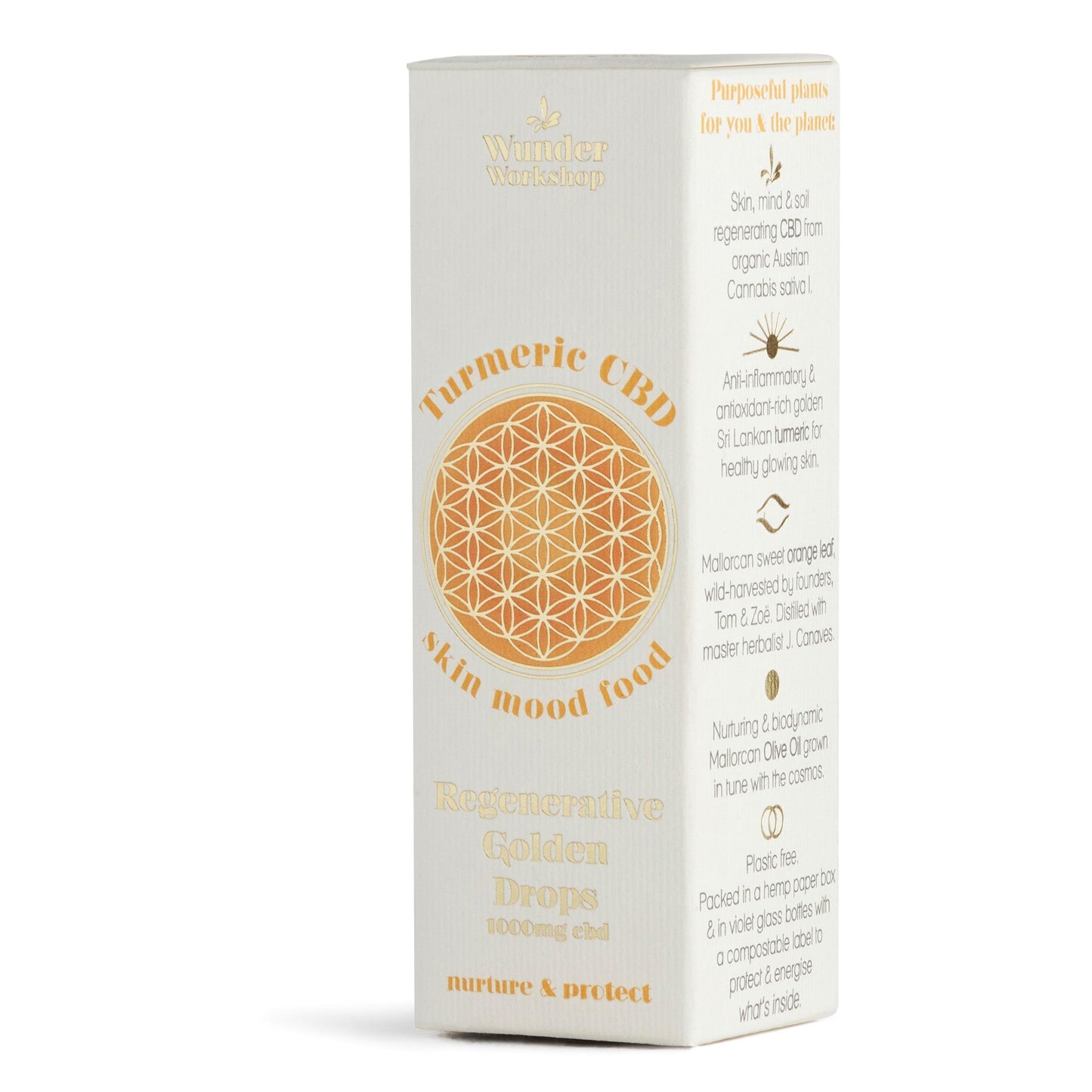Sleep is the most important part of any self-care or wellness routine. These precious unconscious hours give us the energy and life-force to be with the world. Without sleep, we would not exist. It is that simple.
However, today we look down on sleep. In today's fast-paced world, sleep often takes a backseat as we strive to accomplish more in our waking hours. But despite fighting it all we can, the truth is that sleep plays a crucial role in our overall well-being and productivity. It should be our no.1 priority to sleep better.
Why do we sleep?
Sleep is not merely a period of inactivity; it is a dynamic and essential process for our physical and mental health. Despite leaving our ancestors at the whim of predators overnight, evolution has fought hard to ensure that sleep is protected in our order for us to protect ourselves.
Researchers have found that sleep is integral to our immune health and enabling our immune system to be more dynamic in defending us against diseases. Moreover, it regulates the balance of our blood sugar and apetite levels - playing an important role in weight loss and preventing the onset of type 2 diabetes.
Psychologically, sleep allows the brain to actively process information and consolidate our memories, helping us to retain what we've learned and enhance our ability to make sound decisions when we wake up. Furthermore, sleep is crucial for regulating emotions and maintaining our mental well-being, as it allows the brain to process and make sense of emotional experiences.
Anxiety and stress hormones are also regulated during our sleep, so ensuring that you've had a deep and restful sleep will literally make you less anxious during the day!
Scientifically proven ways to improve your sleep:
We can't get away from sleep, we need it and without it we don't last long. So let's dive in and become sleep experts ourselves to make our days more productive, joyful and healthy. Here are 6 steps to improving your sleep:
1. Consistency
Our sleep cycle is critical to the quality of sleep that we achieve. Aiming to go to sleep and rise and regular times will benefit your hours of rest. This applies at the weekend and as well as during the week days! By establishing a consistent routine, you reinforce your body's natural circadian rhythm, making it easier to fall asleep and wake up refreshed.
2. Your Sleep Environment - cool and dark!
Creating a sleep-conducive environment is vital for uninterrupted and restful sleep. Ensure your bedroom is cool, dark, and quiet. Consider using earplugs, eye masks, or white noise machines to block out any disruptive sounds or lights. Additionally, investing in a comfortable mattress, pillows, and breathable bedding can significantly enhance your sleep quality.
An important aspect of this is actually getting the temperature right. Most people sleep in an ambient temperature that is too high - a temperature around 18°C (65°F) is optimal. This is because our bodies need to reduce our core temperature to fall asleep and stay asleep.
If you are sharing a bed with your partner, it is also important to be mindful of one's "chronotype". Your chronotype is the genetic circadian rhythm that you are most aligned to. That's right, some of us are genetically wired to be morning people, whilst others are night owls! Repeated disruption to sleep will cause issues over the long term, especially for you relationship, so give space where you can. In fact, around 25% of people in relationships claim to sleep in different locations for this exact reason!
3. Avoid Caffeine & Alcohol
Certain substances can interfere with sleep. Limit or avoid consuming stimulants like caffeine, nicotine, and alcohol close to bedtime. These substances can disrupt the sleep cycle, making it harder to fall asleep or maintain a deep sleep throughout the night.
Caffeine works in our brain to prevent the signals it usually sends to tell our body to rest. By interfering here it will significantly impact the quality of your sleep. Caffeine is (almost) undeniable in society's blend of hectic schedules and social interactions, my personal rule for this is to avoid caffeine after 1pm.
Alcohol, whilst often used to help people sleep for its sedative effects is actually detrimental to our sleep quality. It blocks REM sleep, causing multiple awakenings through the night, which is why we often feel groggy after a couple of drinks.
4. Establish a Bedtime Routine
Engaging in relaxing activities before bed helps signal to your body that it's time to unwind and prepare for sleep. Incorporate activities such as reading a book, sipping a restful tea or latte, taking a warm bath, or practicing meditation.
An important element of this is to set your environment in preparation for rest. You can do this by simply dimming the lights - lower the level of light exposure to about 25% of the max and this will signal to your brain that it is time to get rest.
5. Limit Exposure to Blue Light
Continuing the them of light... Electronic devices emit blue light, which can suppress the production of melatonin, a hormone that regulates sleep. It is easy to get caught up in our phones, whether it is scrolling through cat videos or even reading books on a tablet. You will improve your ability to get to sleep if you minimize exposure to screens, such as smartphones, tablets, and televisions, at least one hour before bedtime. If this cannot be done then switch on the blue light filters on your device or wear blue light-blocking glasses.
You may find this easier by keeping your phone outisde of the bedroom, preventing any last minute glimpses of your notifications. Swap your phone for a simple alarm if you're needing to get up early. Better yet, buy a Lumie.
6. Manage Stress and Mental Well-being
High levels of stress and anxiety can profoundly impact sleep quality. Prioritize stress management techniques such as mindfulness, deep breathing exercises, or journaling before bed. There are also plenty of herbs that help to de-stress the body on a physical and emotional level - my personal recommendations are CBD and Ashwagandha. Engaging in regular physical exercise throughout the day can also help reduce stress and promote better sleep.
The bottom line.
Sleep is not an indulgence but a necessity for our overall health and well-being. By adopting a consistent sleep schedule, creating an optimal sleep environment, minimizing stimulants, establishing a bedtime routine, limiting exposure to blue light, and managing stress, we can unlock the full potential of a good night's rest. Prioritizing sleep is an investment in ourselves, leading to improved cognitive function, emotional and physical resilience!
Written by Tom Smale.









